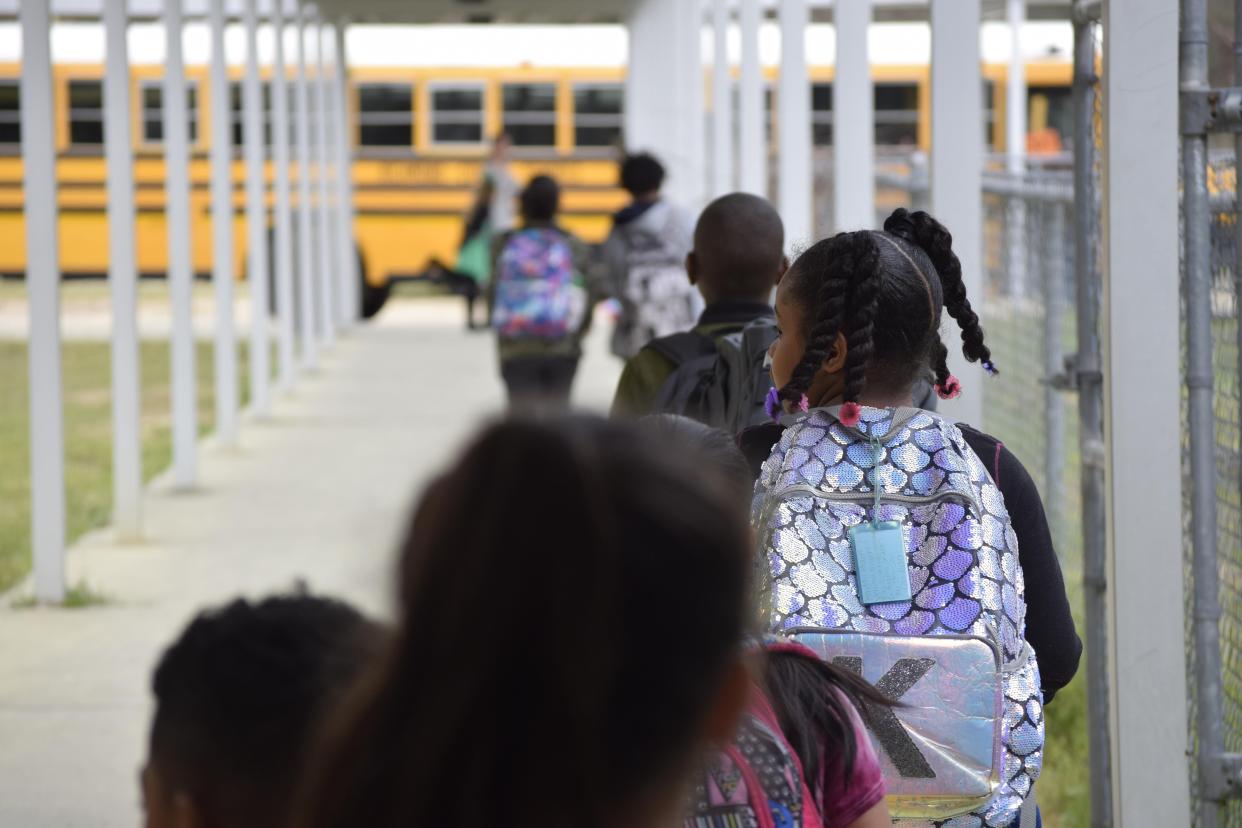More accountability, transparency and choice needed in post-COVID-19 education system

Steven Quinn is the outreach director for GeorgiaCAN, a school reform group.
Improving our schools to overcome COVID-19-related learning losses will require efforts from many corners. But let’s be clear about one thing: Kids weren’t getting what they needed to succeed even before COVID. A return to normal with a dose of extra tutoring is a good start but isn’t good enough; for lasting improvement, we need learning options that give families universal flexibility.
A study released last fall demonstrated how, even before COVID came to our shores, the educational system had failed many students. Results from NAEP, commonly known as the gold standard of student assessments, taken in January 2020, weeks before the pandemic hit, reveal 13-year-olds performed worse on both math and reading than students tested in 2012. Worse yet, the tests showed that the scores of the lowest-performing students declined the most, signifying a group of students left behind. As an official within the Department of Education observed, “Lower-performing students no longer demonstrate competency in skills that students were able to do almost a decade ago.”
The pandemic that hit following these results widened the gap between the academic “haves” and “have-nots.” While long-term school closures put at-risk kids further behind, there was already a problem to address. We must respond to both the underlying problem and COVID’s exacerbation of it, and we can do that by becoming more focused on accountability and flexibility in education.
That movement toward improvement can start with transparency about how local districts are spending COVID relief funds. Accountability is created when families are brought into the education conversation, which is why my colleagues and I at the educational nonprofit GeorgiaCAN created a spreadsheet on our website for parents, showing how Georgia districts have committed to using grant money.
One mom in Liberty County told me she used this spreadsheet to see that her district only planned to spend 24% of funds on learning loss, while nearby Tattnall County School District is dedicating 45% on catching kids up. Equipped with this knowledge, she testified at her school board about the low amount, encouraging them to do more.
When using this one-time windfall of funds from Washington, school boards should listen to parent voices like hers; parents know their children’s needs and their involvement is a key ingredient in the success of students, and schools.
While the funds may be a one-time boost, improving Georgia’s school system won’t be a one-and-done deal. We must implement long-term plans to address not just the immediate aftermath of the pandemic, but the problems that preceded it.
The best way to do this is to further empower families through flexible school choices. Choice recognizes that each child has unique learning styles, interests and talents, and gives parents the tools to select the school that provides the best fit. Besides giving kids more personalized paths to success, choice also provides the ultimate form of accountability, giving parents the power to remove their children if a school fails to improve its performance or respond to families’ concerns.
Last year’s session saw the Georgia Legislature pass several important educational reforms, including a major expansion of an existing scholarship program for special needs students and reasonable protections against burdensome regulations of learning pods. But we can go further to extend the benefits of school choice to every family. For instance, last year, West Virginia’s Legislature passed a bill creating a K-12 Hope Scholarship Program, which could see every family in that state qualify for an educational account allowing parents to spend funds on the schools or educational tools that work best for their needs.

This National School Choice Week (Jan. 23-29) and beyond, Georgia policymakers should focus on families and open the door toward more flexible learning options for every student. Change may be challenging, but, when it’s best for kids, it shouldn’t be seen as controversial. Parents can play a critical role in demanding further reforms to help kids learn and grow, and flexible school choices can help all kids achieve their promise and potential.
This article originally appeared on Augusta Chronicle: Spending transparency and more school choice can help students

